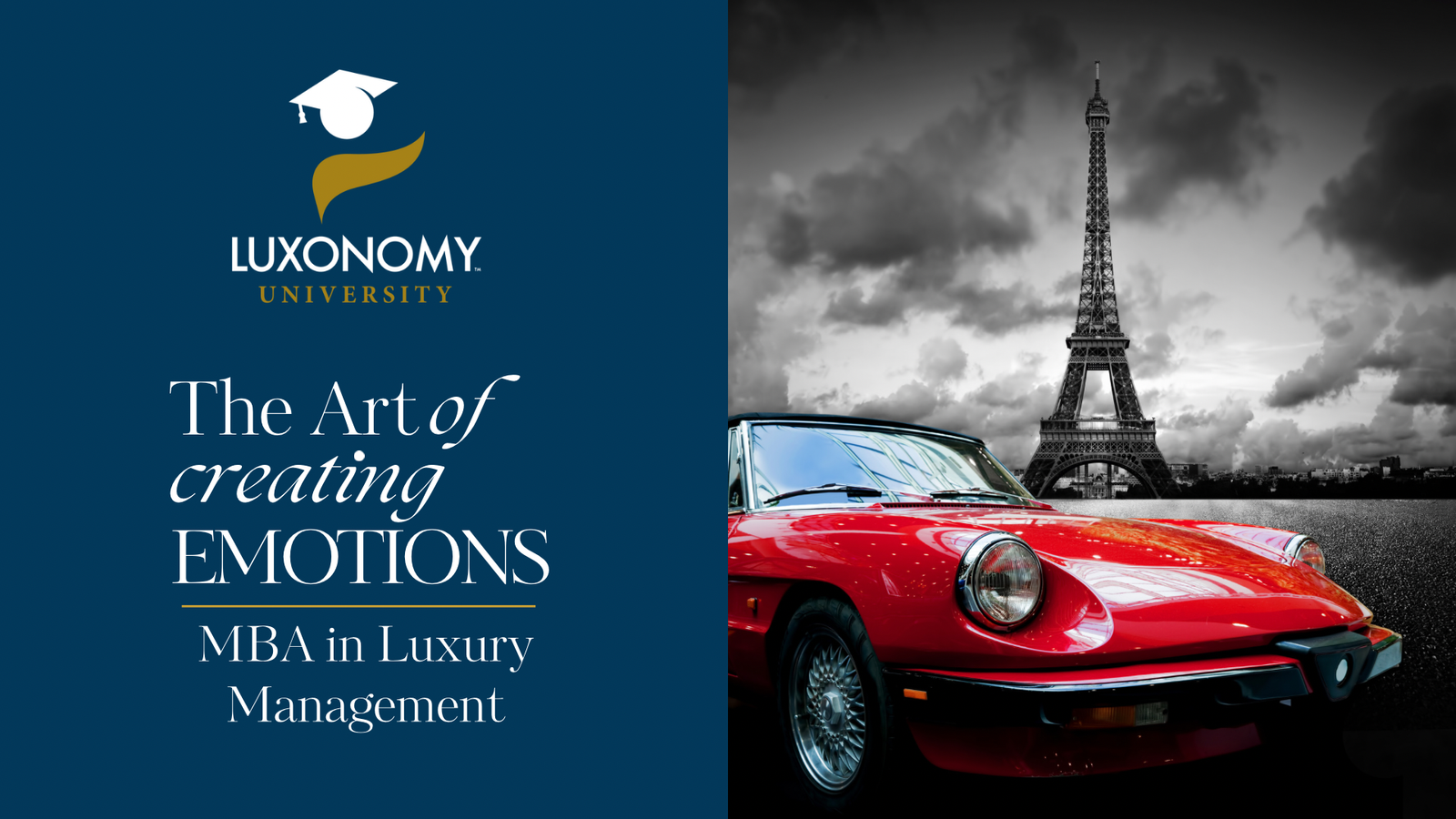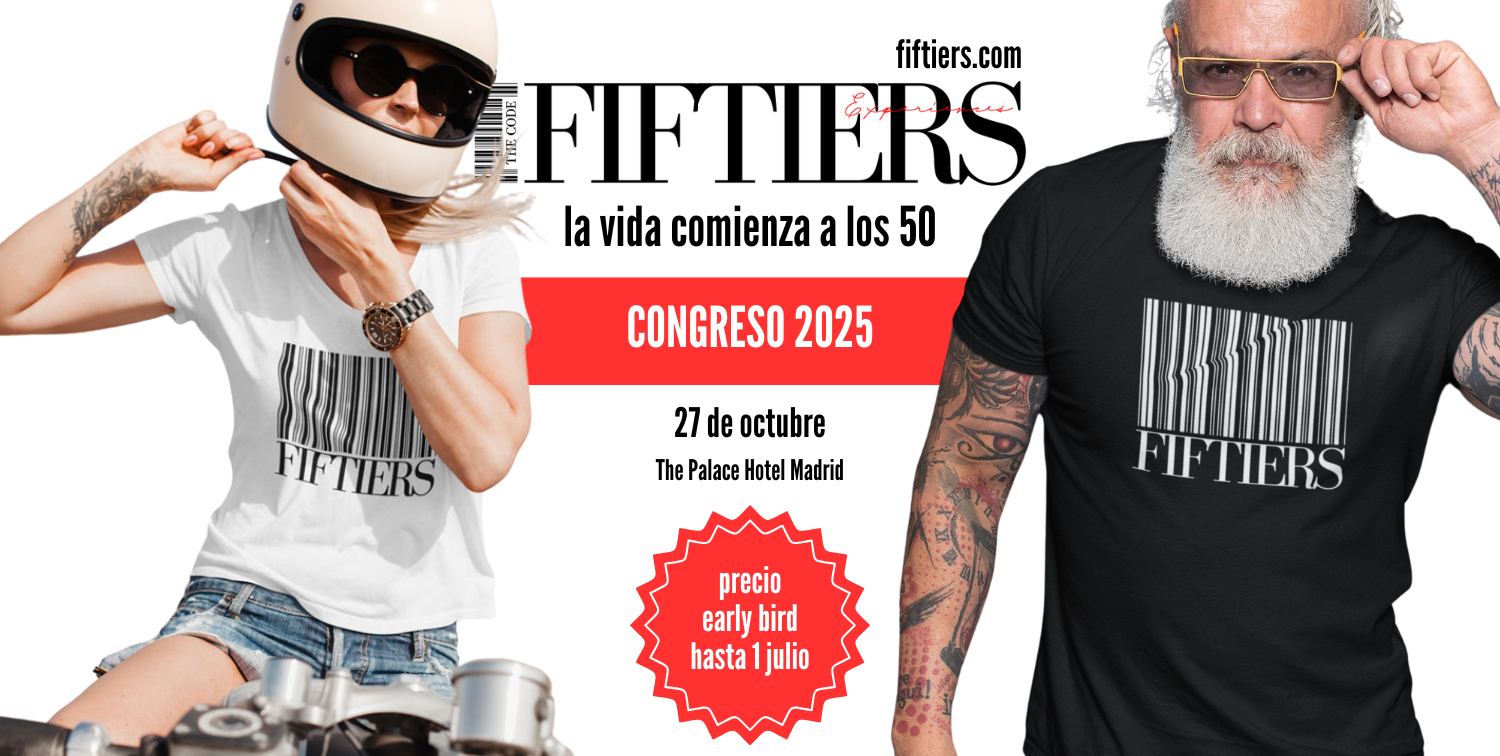
Quiet Luxury is based on three essential pillars: exceptional craftsmanship, timeless design, and absolute discretion. Unlike traditional luxury that seeks attention through prominent logos and flashy designs, this movement values silent excellence – the kind only true connoisseurs can recognize.
This approach responds to growing demand among global elites for pieces that transcend temporary trends, offering permanent value both aesthetically and as investments. The global economic crisis, changing social values, and influence from new generations of millionaires have accelerated this transition toward more thoughtful, less showy luxury.
The 10 Brands that best embody Quiet Luxury.

In the world of luxury handbags, Hermès and Chanel are two of the most coveted brands. But beyond prestige and design, many buyers look for pieces that are not only beautiful but also good investments.
If you’re considering buying a high-end handbag and want to know which retains its value better in the resale market, this detailed analysis will give you the answer.

The luxury sector is undergoing a technological revolution driven by Artificial Intelligence (AI). As consumers seek more personalized, efficient, and exclusive experiences, brands have found in AI a tool to enhance their operations without compromising the essence of exclusivity and craftsmanship.
From product design to customer interaction, AI is redefining how luxury brands function in the global market. This report delves deeply into how leading firms are using AI to transform personalization, production, sustainability, and security, ensuring that technology strengthens the value of their products rather than diminishing their prestige.

On March 28, the headquarters of the Regulatory Council of the Wines of Jerez and Manzanilla will host a unique conference that blends tradition and cutting-edge technology: “VINO+IA”, an event organized by Mail Boxes Etc. to explore the impact of artificial intelligence on the wine industry. Among the featured speakers is Pablo Gutiérrez-Ravé Villalón, President of LUXONOMY™ Group, who will deliver a keynote presentation on how AI is revolutionizing wine production, distribution, and marketing. His talk will highlight real-world applications of artificial intelligence in the sector, from precision viticulture to automated marketing and export strategies.

The concept of conspicuous consumption was developed in the late 19th century by the American economist and sociologist Thorstein Veblen in his book The Theory of the Leisure Class (1899). Veblen argued that certain individuals acquire luxury goods and services not out of necessity, but as a way to show their social status and wealth.
The concept of conspicuous consumption was developed in the late 19th century by the American economist and sociologist Thorstein Veblen in his book The Theory of the Leisure Class (1899). Veblen argued that certain individuals acquire luxury goods and services not out of necessity, but as a way to show their social status and wealth.

Football is not only the most popular sport in the world but also an industry that moves billions of dollars annually. Elite footballers stand out not only for their talent on the field but also for the fortunes they accumulate through contracts, sponsorships, and various investments. Below is a detailed analysis of the world’s richest footballers today, including details about their lives and careers.

The re-election of Donald Trump as President of the United States has brought significant geopolitical and economic changes that impact multiple industries, including the global luxury market. His focus on protectionist policies, an aggressive stance on trade relations with China and the European Union, and his tax reduction strategy have altered the dynamics of luxury goods consumption and production.
This report provides an in-depth analysis of the consequences of these changes, focusing on the effects on international trade, the production and distribution of luxury brands, the business strategies adopted to mitigate adverse effects, and consumer behavior in the U.S., China, and Europe. Additionally, future perspectives for the luxury market are explored in the context of political and economic uncertainty.

Artificial Intelligence (AI) technology provides powerful solutions to attract and retain customers who seek excellence and differentiation. Below, we will explore advanced AI strategies and techniques that can transform how a luxury business appeals to its potential clients and strengthens its brand.

This report aims to provide a broad, in-depth view of how these new generations are redefining luxury, what motivates them, what they expect, and the implications for the high-end goods and services industry. We will also explore emerging trends that may shape the direction of the luxury market over the coming decades, as well as the strategies and challenges brands must navigate to remain relevant in this changing environment.




































